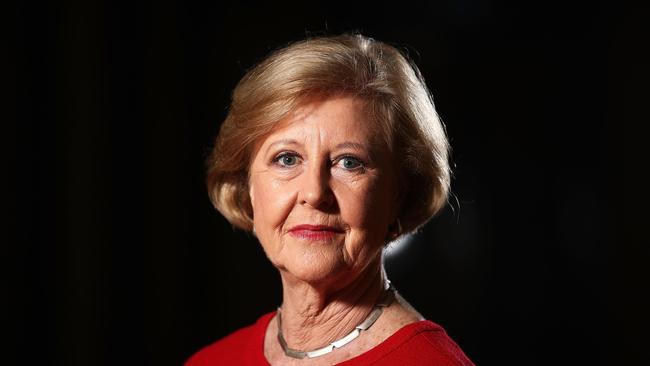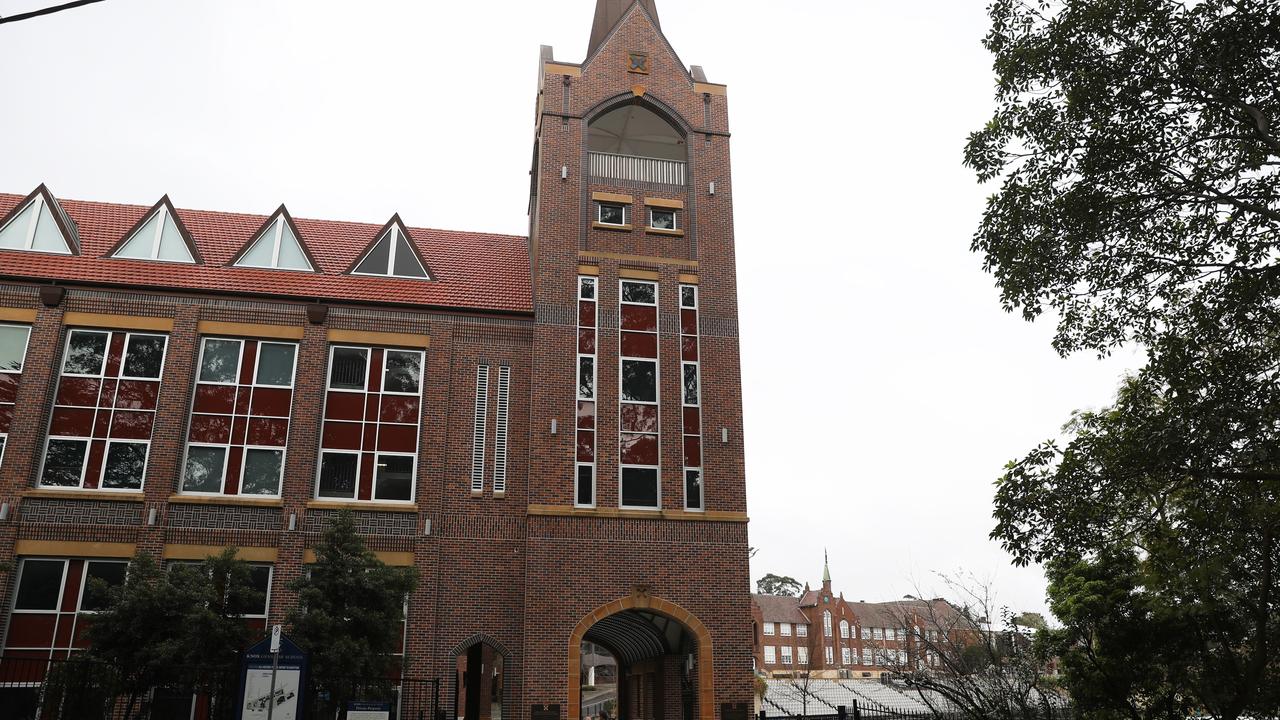Concerns as identity politics creep into the classroom
English students face being drilled in the politics of class, race, gender and sexuality.

English students face being drilled in the politics of class, race, gender and sexuality, as an influential teacher advocacy group seeks to push social justice issues into the classroom.
The Victorian Association for the Teaching of English, a professional body backed by the state government, will host its annual conference next month, unveiling a program to highlight “the iconoclasts, the dissidents and the marginalised” and celebrate individuals “who will not, or cannot, swim in the mainstream”.
Headlining the two-day event will be former Australian Human Rights Commission president Gillian Triggs and GetUp! campaigner Shen Narayanasamy, who will deliver keynote speeches. Left-leaning political commentator Van Badham will also appear as a guest speaker.
The focus of the event, which VATE president Emily Frawley confirmed had been designed with social justice in mind, has alarmed some education experts, who have questioned the role of “political activists” at the event and the push to embed divisive “identity politics” into the curriculum.
Sessions include “Stand Up For The Outsiders’’, which will explore teaching strategies for “empowering students to speak to issues of class, gender and race”, and ‘‘We Want Gender Equality’’, on “how the plight of woman over time has not changed”. There will also be a discussion of Jeanette Winterson’s 1987 novel The Passion, which is billed as “post modernism, queer theory and a romping tale to boot”, while ‘‘Reflections On Growing Up Different In Australia’’ will look at “migration, racism and identity” in various texts.
Another session will advise teachers how to deliver the Victorian government’s Respectful Relationships program — a family violence initiative criticised for pushing gender theory onto children — through English texts in the middle years.
Details of the conference have emerged in the wake of research by the Institute of Public Affairs that pointed to a rise of identity politics in university history courses.
The IPA’s Western civilisation program director Bella d’Abrera questioned what “political activists” were doing at a conference “about English teaching to schoolchildren”.
“This conferences shows that identity politics has not also permeated the teaching of history in Australian universities, but it is also deeply embedded in English teaching in Victorian secondary schools,” Dr d’Abrera said. “There is no place for identity politics in our classrooms.”
Australian Catholic University senior research fellow Kevin Donnelly said it was disappointing to see teachers emphasise ideology over good grammar, spelling, punctuation and literary appreciation.
“Instead of English teaching being about giving a balanced view of literature, it’s now more about offering a critique of society, particularly Western society, misogyny, inequality and capitalism,” Dr Donnelly said.
“A lot of kids leave school without a strong foundation of what is good or bad literature.”
Dr Donnelly, a former English teacher and one-time member of VATE, said the association appeared to have been captured by the left.
Ms Frawley defended the conference, which had always “traversed the educational, cultural, political landscape”. This year’s event would feature “diverse line-up of presenters”, she said.
“The brief of all presenters is to speak to the themes of the conference, drawing on their expertise and considering their audience,” Ms Frawley said. “We want English teachers to be engaged and challenged, to consider how they can best stand up for their students, and what the role of English content and pedagogy is here.”
Ms Frawley confirmed that the organisation received funds from the department for a range of programs, but the conference itself was not government-funded.


